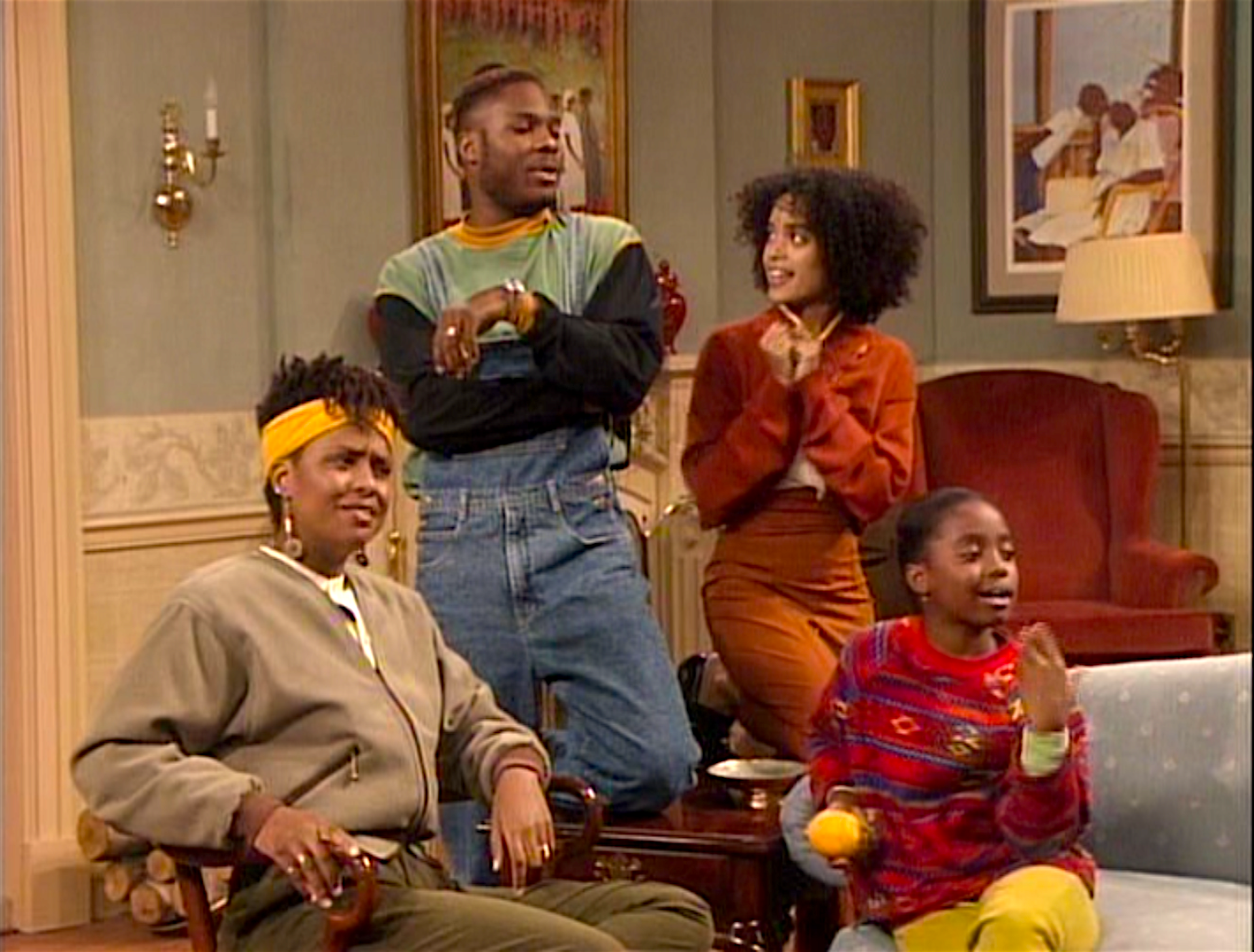
When The Cosby Show aired in the 1980s, it was unlike anything else on television. Today, more than 30 years later, it remains a cultural touchstone, continuing to influence not only TV shows but the way we think about race, family, and success.
One of the key reasons for its lasting impact is its portrayal of the Huxtables as a successful African-American family. This was revolutionary at the time. Prior to The Cosby Show, African-American families were often depicted in stereotypical or one-dimensional ways. But the Huxtables were educated, affluent, and complex, offering viewers a new model of what it meant to be a successful African-American family in America.
Additionally, the themes of love, education, and personal responsibility continue to resonate today. These universal messages have kept the show relevant to newer generations, who are just discovering it on streaming platforms or through reruns.
The Cosby Show also remains a significant influence on sitcoms that followed. Shows like A Different World and Family Matters built on the groundwork laid by The Cosby Show, continuing the legacy of portraying African-American families with depth and dignity.
Even today, The Cosby Show is referenced in pop culture, and its iconic theme song is still instantly recognizable. The Huxtable family may have been fictional, but the impact they made on television was real—and it’s one that continues to be felt.
